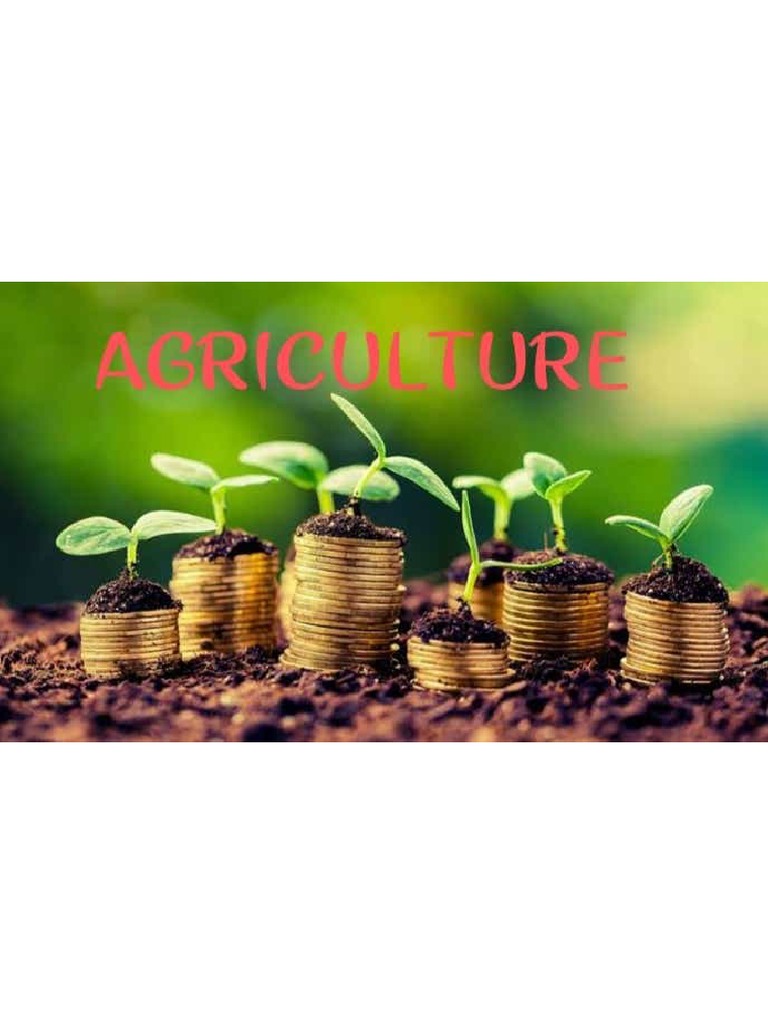In the vast tapestry of the Bahá’í teachings, the theme of agriculture emerges as a pivotal thread, linking the spiritual and material worlds. The foundational role of agriculture in every economy is underscored by the intricate relationship between human beings and the earth, emphasizing stewardship, sustainability, and community. This discourse seeks to illuminate the profound implications of agricultural practice as espoused within the Bahá’í framework, examining its necessity not just for nourishment, but as a cornerstone of societal development and spiritual enlightenment.
Agriculture serves as the linchpin of economic stability. Without a robust agricultural system, the very basic needs of the populace remain unfulfilled. The Bahá’í teachings highlight that every civilization must prioritize agricultural advancements to ensure the well-being of its citizens. This principle transcends mere economic necessity; it acts as a catalyst for social coherence, fostering a cooperative spirit among diverse elements of society. As communities collaborate in agricultural endeavors, they build a foundation of trust and solidarity, vital for the health of any society.
Furthermore, the relationship between agriculture and economic prosperity invites a deeper exploration of the environmental stewardship advocated by the Bahá’í teachings. True agriculture is not merely about the cultivation of crops; it encompasses the preservation of natural resources. The Bahá’í Faith emphasizes the importance of sustainable practices, advocating for methods that balance human needs with environmental health. This approach not only ensures that current generations can thrive but also safeguards resources for future societies, embodying a commitment to the planet’s longevity.
The Bahá’í teachings also recognize the transformative power of education in agriculture. Knowledge dissemination about innovative techniques, sustainable farming, and agricultural science is crucial. By equipping individuals with the necessary skills and understanding, communities become more resilient. Education engenders both self-sufficiency and interdependence, forging connections between agricultural practices and economic empowerment. Bahá’ís are encouraged to engage not only in traditional farming but also in the exploration of new agricultural technologies that can revolutionize food production, thereby increasing yield while diminishing ecological footprints.
Integral to the concept of agriculture in the Bahá’í perspective is the ethos of equity and justice. The teachings stress that agricultural resources and opportunities should be made accessible to all. This highlights a critical observation: poverty and hunger are often born from inequality in access to land and agricultural inputs. Addressing this imbalance requires a systemic approach that involves various stakeholders—governments, non-profits, and local communities—working in unison to develop equitable agricultural systems. Such collaboration is essential for overcoming barriers that prevent social and economic advancement.
Moreover, the teachings of the Bahá’í Faith implore humanity to reassess its relationship with agriculture; it is an invitation to embrace holistic practices that nourish not just the physical body but also the soul. The act of tending to the earth is imbued with spiritual significance, reflecting the interdependence of all creation. This notion prompts individuals to cultivate not only crops but also virtues such as patience, perseverance, and gratitude. By recognizing agriculture as a divine trust, adherents are encouraged to inject spiritual consciousness into their daily practices, thus enriching both their labor and the fruits thereof.
The dynamics of social transformation are greatly enhanced through agricultural development. When communities embrace sustainable agriculture, they simultaneously foster economic diversification. Rural areas, often primary centers for agricultural activity, become incubators for innovation and entrepreneurship. The Bahá’í community is inspired to engage in activities that not only elevate personal livelihoods but also contribute to the broader economic landscape. Encouraging local production and consumption fosters resilience against global economic fluctuations, mitigating reliance on external markets and enhancing stability.
Additionally, urbanization poses challenges and opportunities for the agricultural paradigms promoted by the Bahá’í teachings. As populations migrate towards urban centers, integrating agriculture with city planning becomes crucial. Urban farming initiatives, community gardens, and permaculture practices are manifestations of this integration. They serve to reconnect urban dwellers with the land and the sources of their sustenance, promoting a culture of health and mindfulness. The Bahá’í Faith advocates for these modern agricultural practices as essential components of city living, promoting sustainability amidst growth.
In summation, the Bahá’í perspective on agriculture transcends traditional economic discourse, interweaving elements of spirituality, equity, and sustainability. It invites humanity to engage with the earth in a manner that honors its gifts, cultivating both crops and character. By recognizing agriculture as the foundation of every economy, individuals and societies can pave the way toward holistic development—balancing material needs with spiritual growth. The teachings encourage a reclamation of our collective responsibility, urging communities and individuals alike to embrace their role as stewards of the earth, tending diligently to the soil as they would to their own souls. In this light, agriculture emerges not only as an endeavor of necessity but as an expression of divine purpose, guiding humanity towards a brighter, more equitable future.
